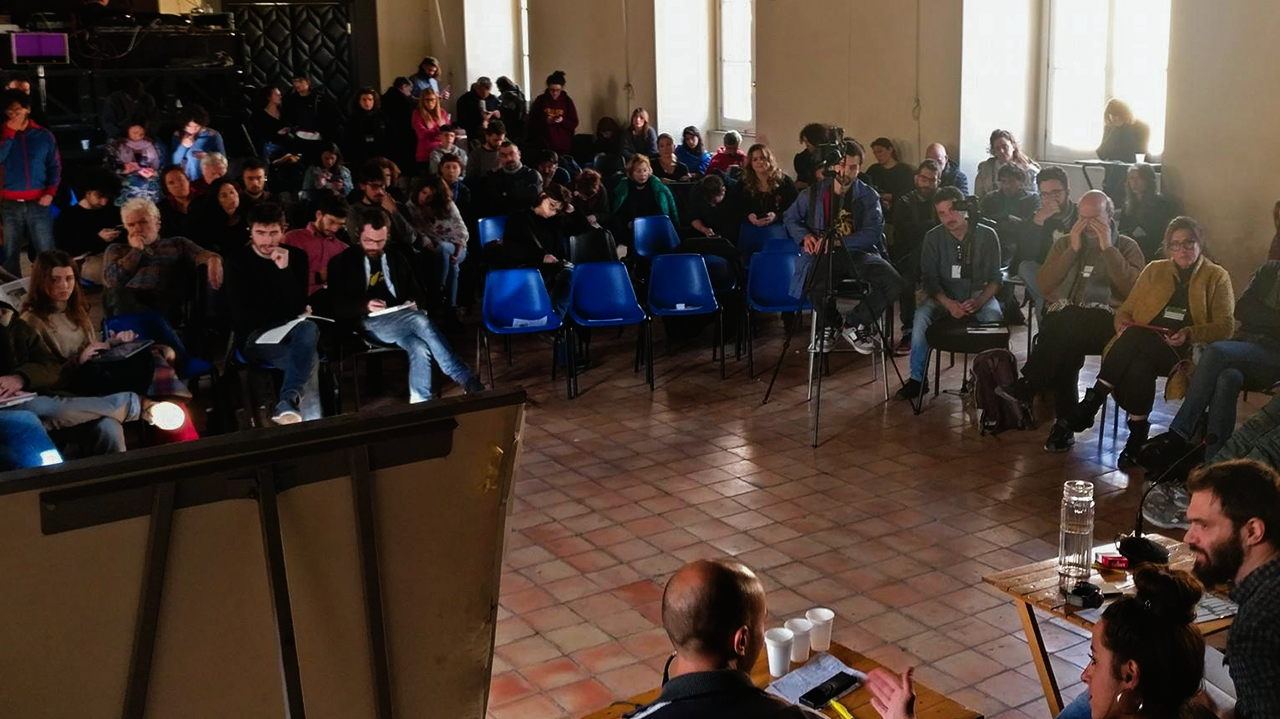
Common Goods. What has the City of Naples done?
The Municipality of Naples is the first city in Italy to have set up a Department for Common Goods in order to give strength to the issue of forms of use of heritage for the overriding collective interest. In 2011, the Municipal Statute was amended and the legal category of common good was introduced among the aims, objectives and fundamental values of the City of Naples.
The City of Naples is one of the few Italian municipalities to have followed up on the results of the 2011 referendum campaign for participatory public management of water and, more generally, of common goods. With Council Resolution n. 740 of 16/06/2011, approved by City Council Resolution n. 20 of 15/7/11, the City of Naples affirms the principle of water as a common good and as such of absolute public property.
In 2012 was approved the Regulation of the Councils for the Regulation of Common Goods as goods of collective belonging, establishing in the points of the resolution of 18th of January 2013 the Principles for the government and management of the common goods of the City of Naples according to which “every citizen must contribute to the natural and spiritual progress of the City”.
In 2013, the Municipality of Naples adopted the “Charter of Public Space”, approved at the end of the work of the II Biennial of Public Space, held in Rome from 16th to 18th of May 2013, as an effective and concrete contribution to the process of enhancement and study of the ways of using urban public space.
In 2014 the Municipality approved a new resolution in the City Council concerning the procedures for the identification and collective management of public goods, as goods that can be part of the full process of realisation of civic uses and collective well-being. A fundamental resolution that has triggered a debate in Italy and that places the overriding public interest enshrined in the Constitution at the centre of administrative action.
The Municipality acknowledges the value of experiences already existing in the municipal territory, carried out by groups and/or committees of citizens according to the logic of self-government and experimentation of direct management of public spaces, thus demonstrating that they perceive those assets as places susceptible to collective use and to the advantage of the local community.
On 10 August 2017, the Council approved resolution 458 to promote actions for the valorisation of municipal assets for social purposes.
On 26 March 2019 the acknowledgement of the act “Local Action Plan drawn up in the framework of the project “2nd Chance – Waking up the sleeping giants”, funded by the European Union, for the recovery, re-functionalisation and management of the monumental complex of the Ss. Trinità delle Monache, as a contribution of the local community, defined “Community of the Park of the Quartieri Spagnoli”, and which will be transmitted to the State Property Office as the basis of the future redevelopment project.
The process of self-formulation from the grassroots: writing “declarations of use”
The declaration of civic use is the document that regulates the process of self-government within a commons. It describes the principles and general values that animate the life of the commons, the tasks and functioning of the internal assemblies, the rules concerning the division of spaces and the administration of the resources contained therein. The declarations of use are drawn up directly by the communities of inhabitants of the commons and are then accepted by the municipal administration, which recognises them as a source of law concerning the use and management of the commons.